Speakers and Facilitators
An archive of practitioners who have offered their skills and knowledge in support of deepening our collective inquiry into the healing potential of expanded states through lectures and workshops.
Speakers and Facilitators
An archive of practitioners who have offered their skills and knowledge in support of deepening our collective inquiry into the healing potential of expanded states through lectures and workshops.
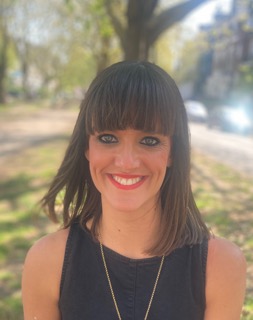
Adele Lafrance & Jennifer Danby
“A Brief Overview of Psychedelic Assisted Therapy for Individuals and Their Families Living with an Eating Disorder”
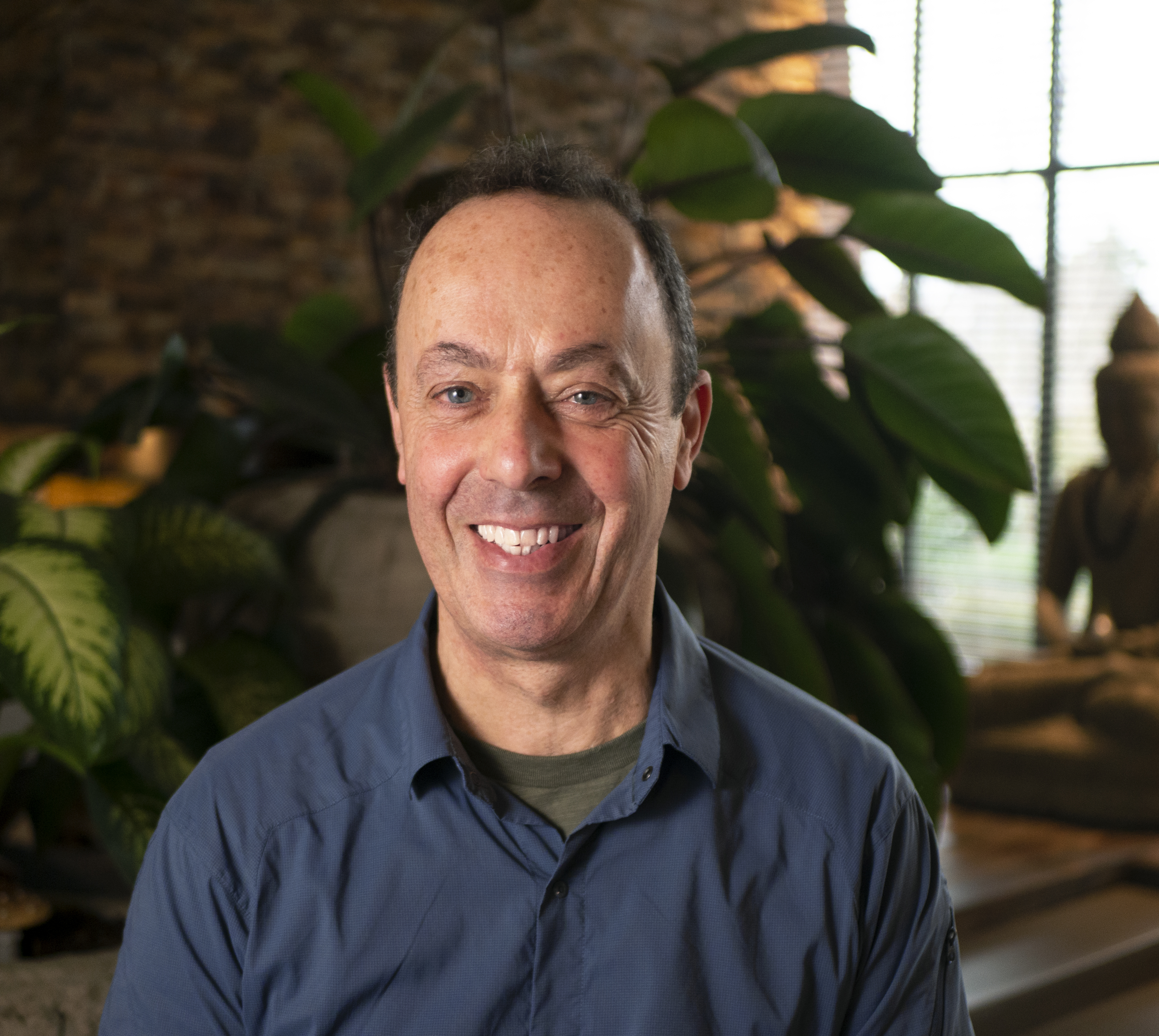
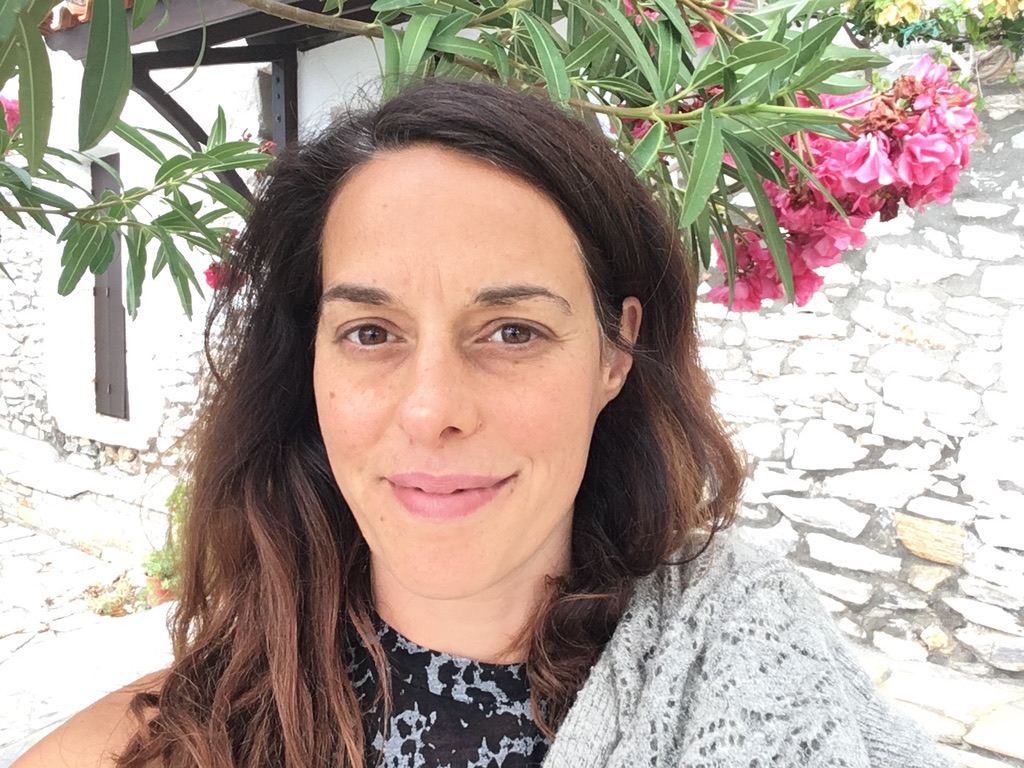
Tim Read & Maria Papaspyrou
“Being and Becoming: The Making of a Psychedelic Therapist”
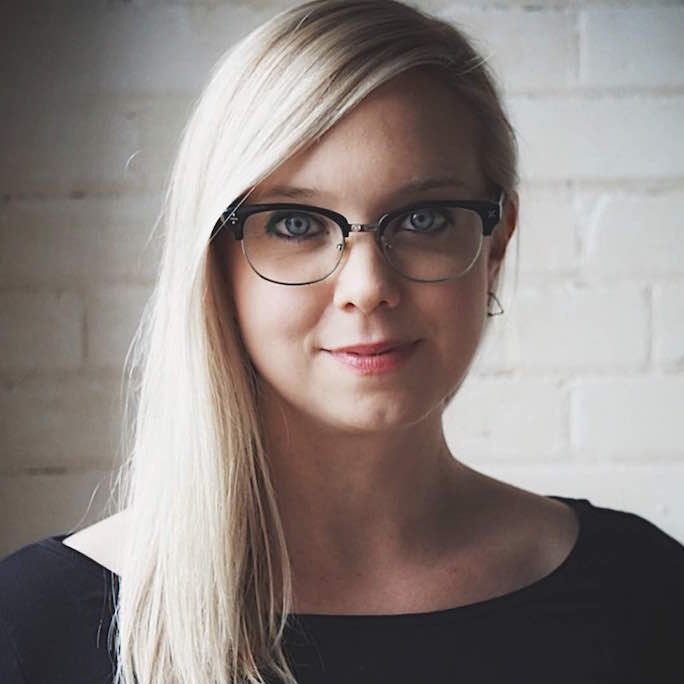
Anne Wagner
“Couples Therapy with MDMA- From PTSD to Relationship Enhancement”
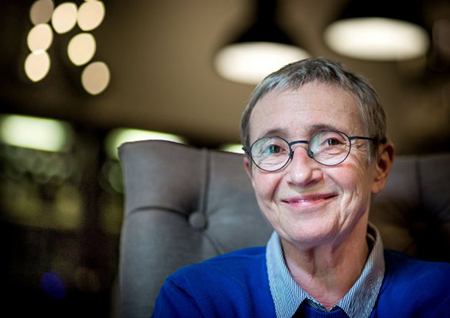
Friederike Meckel
“Let’s Talk About Setting”
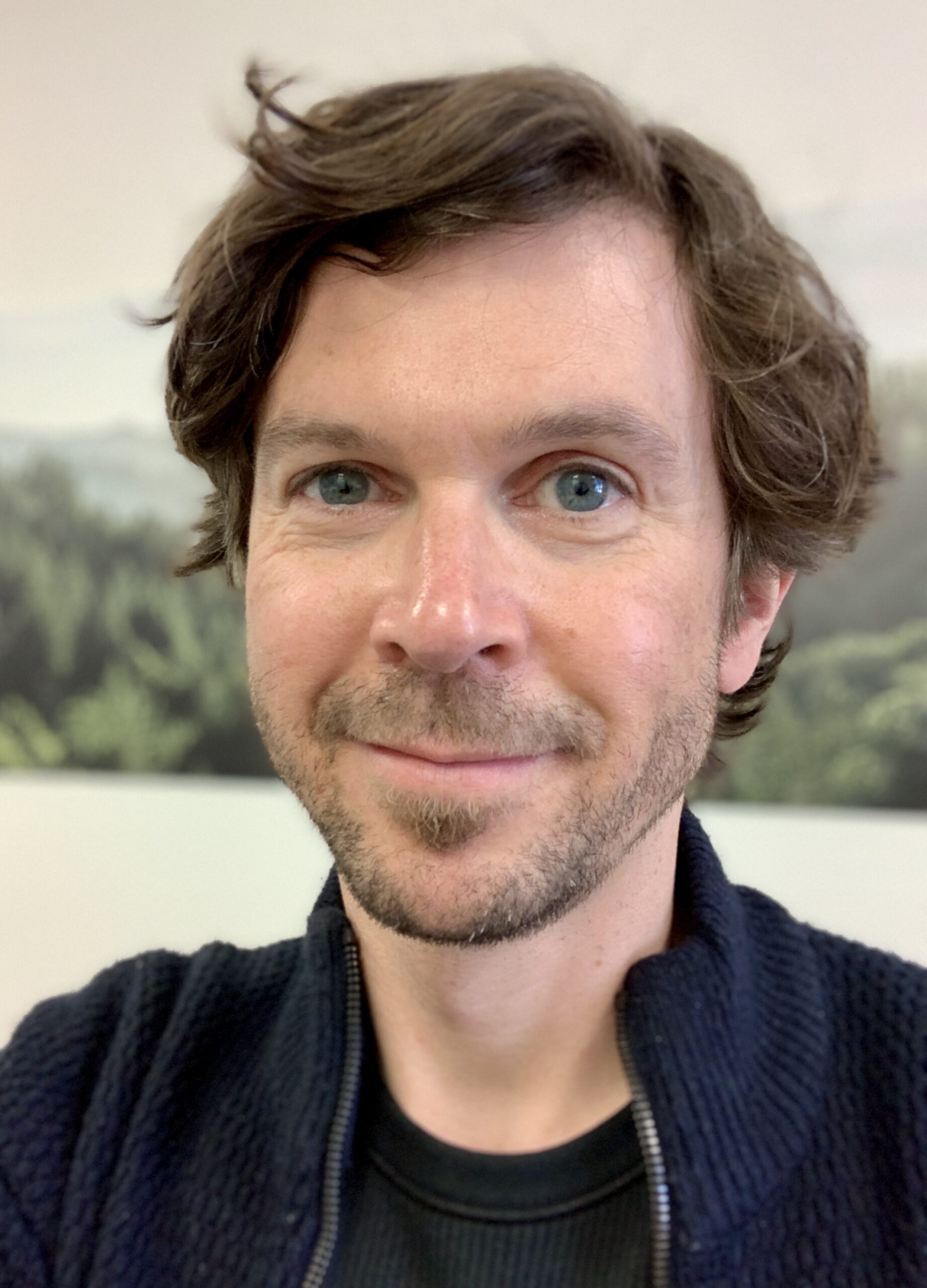

Graham Campbell & Michelle Baker Jones
“Psychedelic Therapy with DMT”
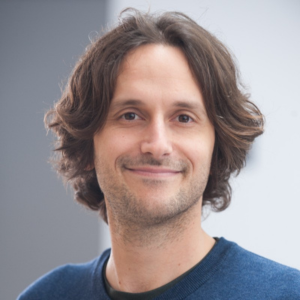
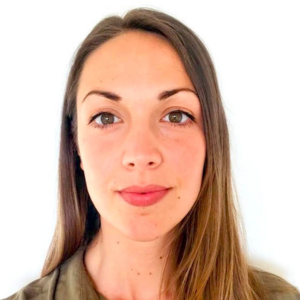
Nadav Liam Modlin & Carolina Maggio
“From Cure to Care: The Realities and Fantasies of Psychedelic Therapy”

Gita Vaid
“Healing and Transformation: Psychedelic Psychotherapy – A New Frontier”
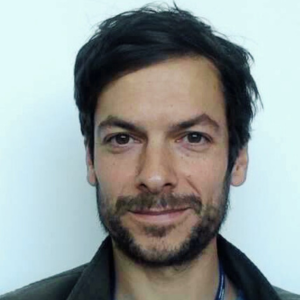
Jonny Martell
“Psychedelic Therapy: Screening, Preparation and Safety”

Willem Fonteijn
“Psilocybin, Therapeuticum and Mysticum”
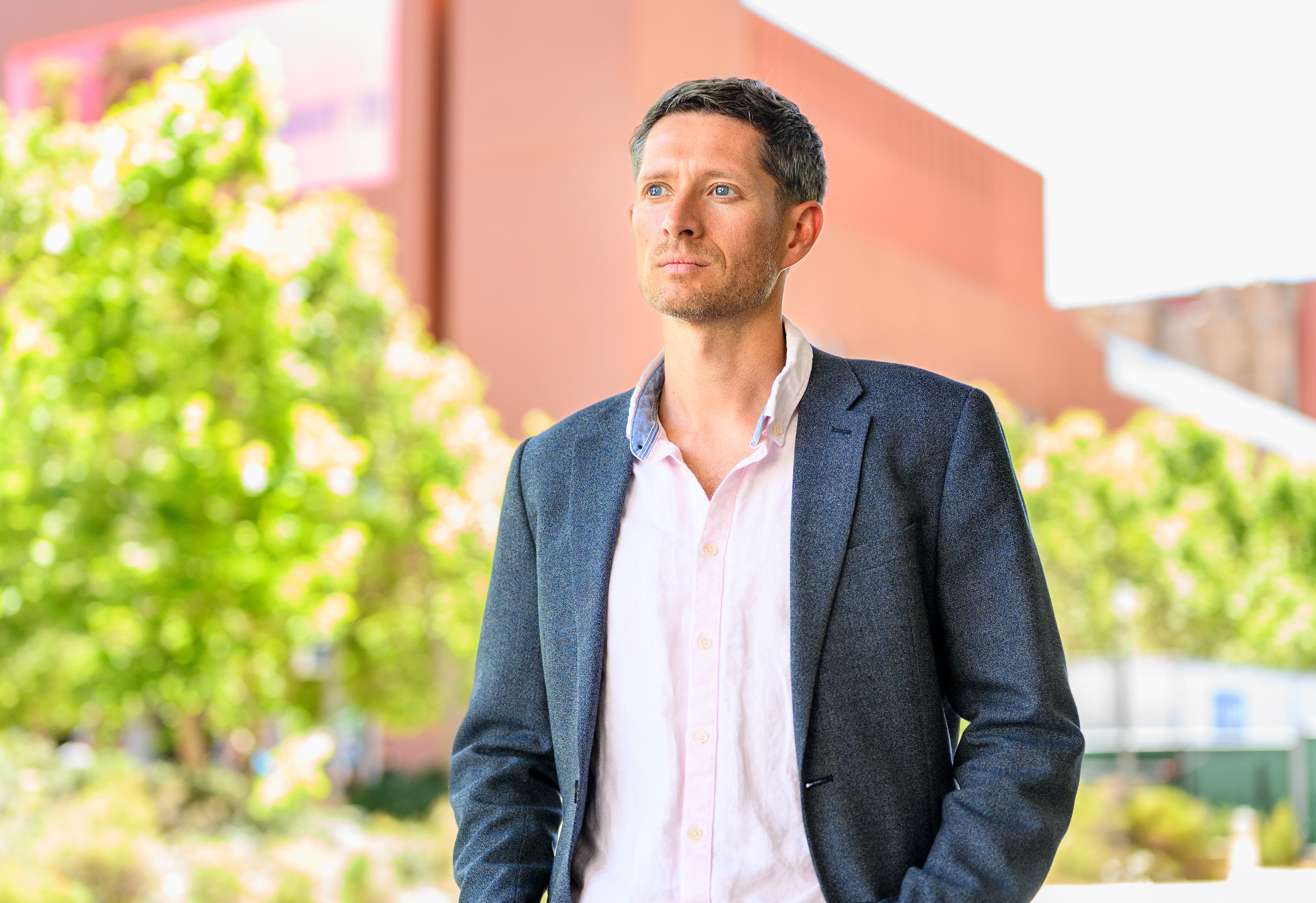
Robin Carhart-Harris
Robin Carhart-Harris
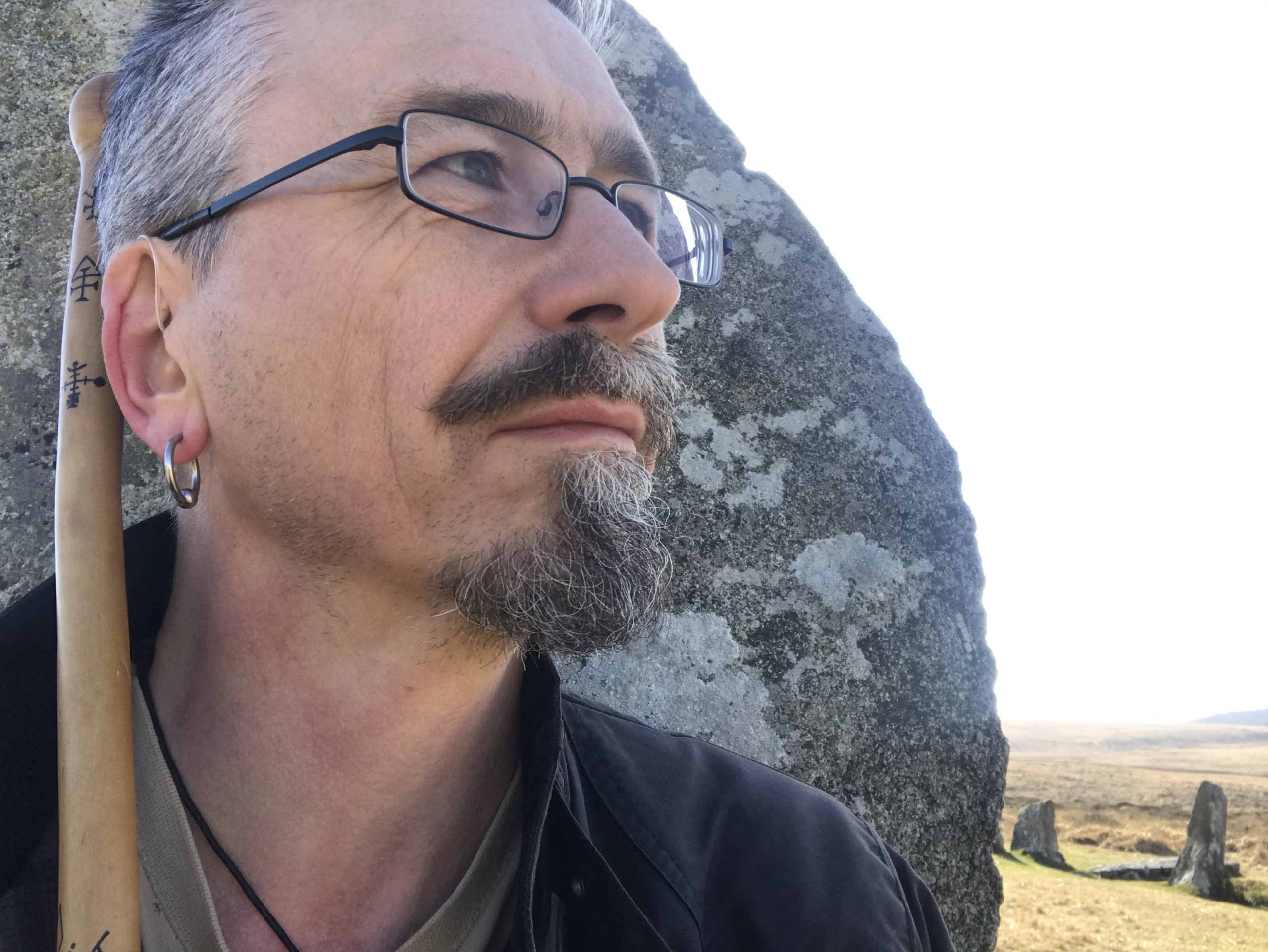
Andy Letcher

James Rucker
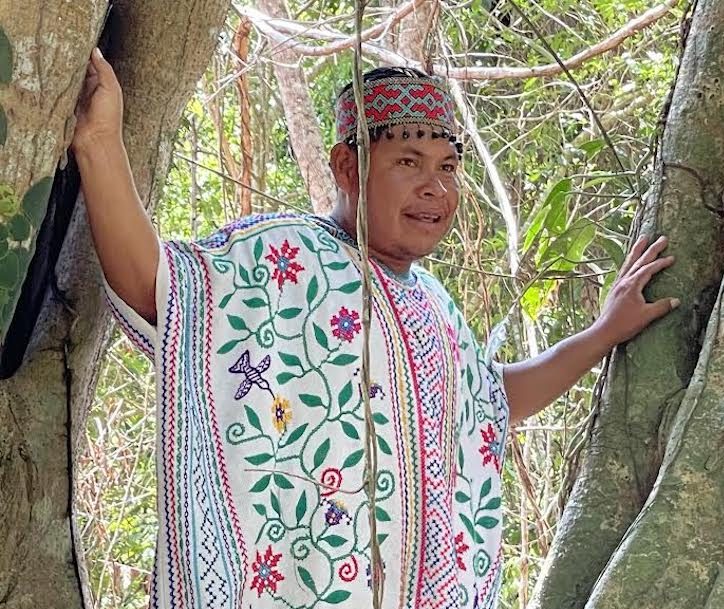
Maestro Nelson
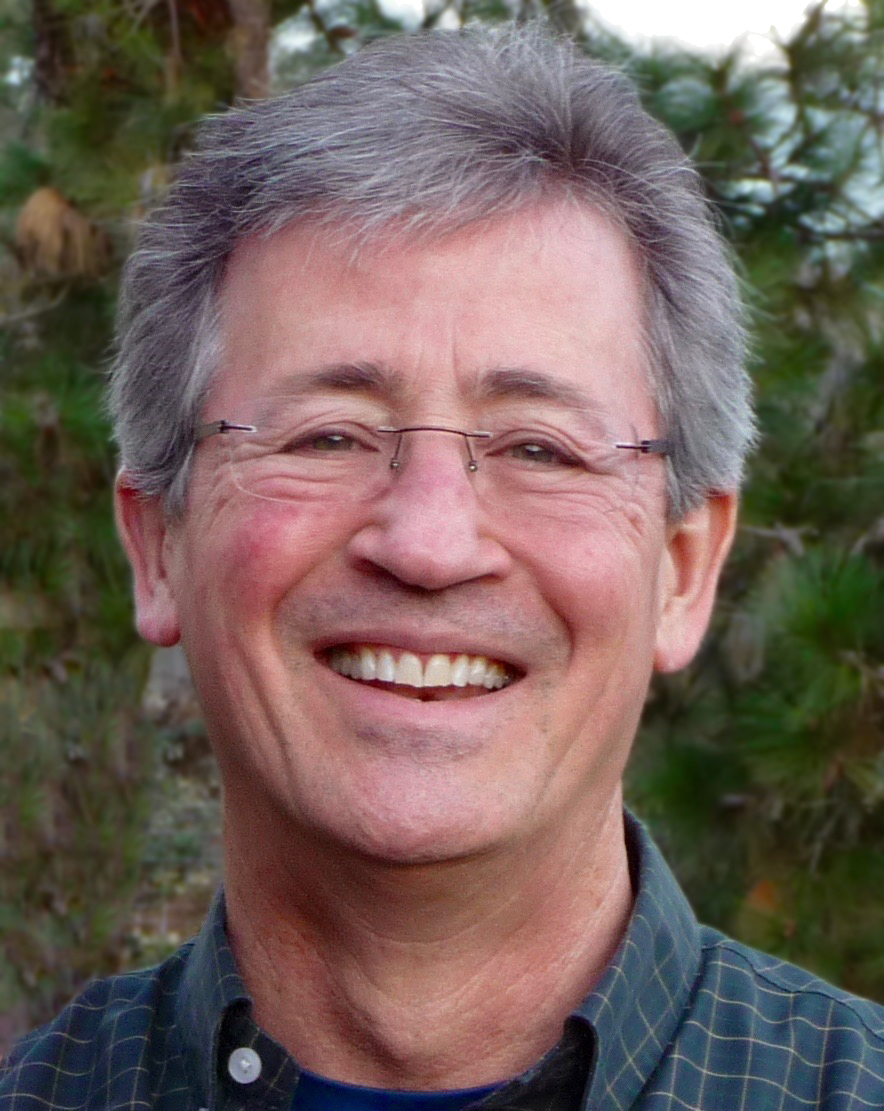
Chris Bache
Jo O’Reilly
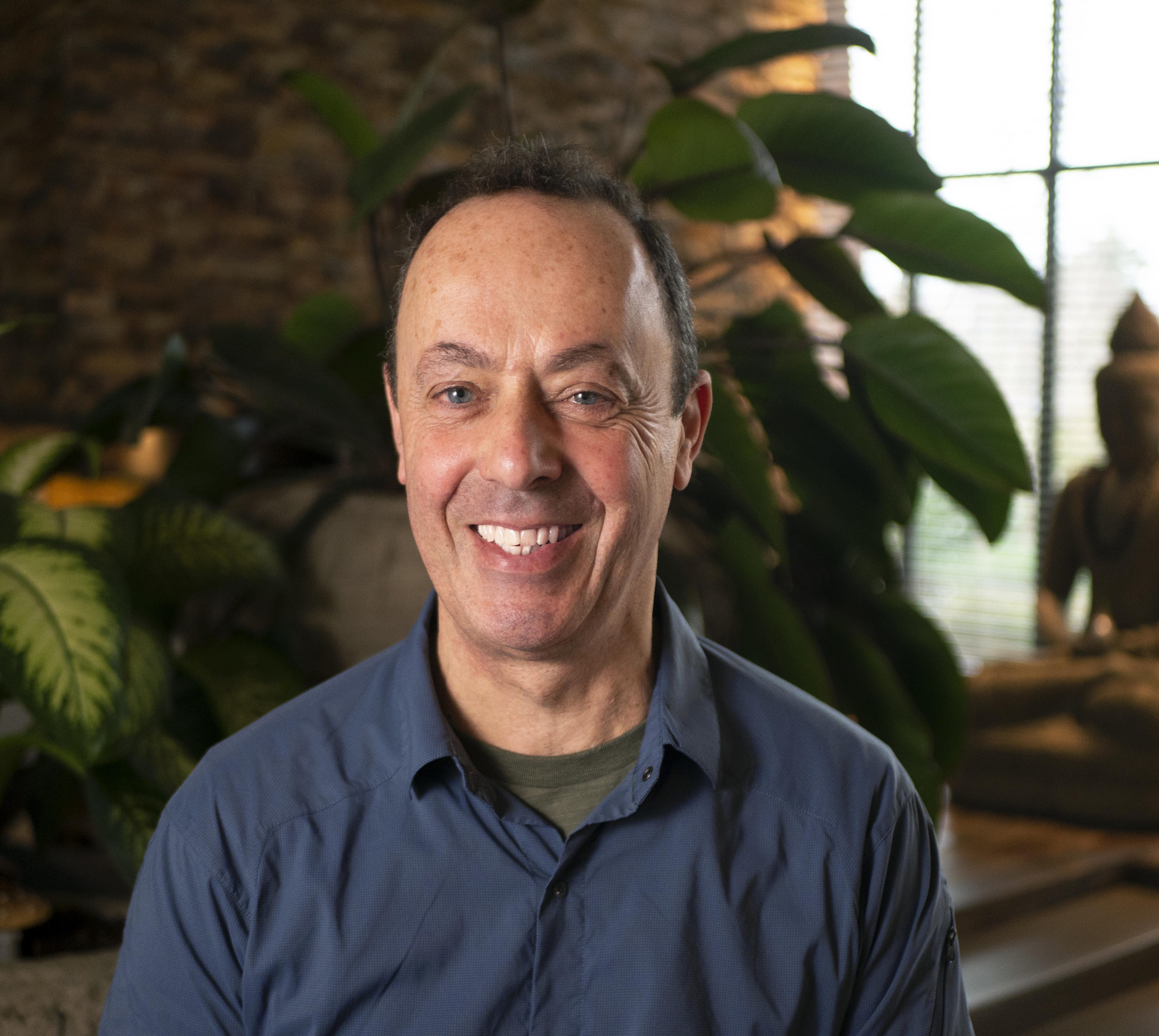
Tim Read

Diana Medina
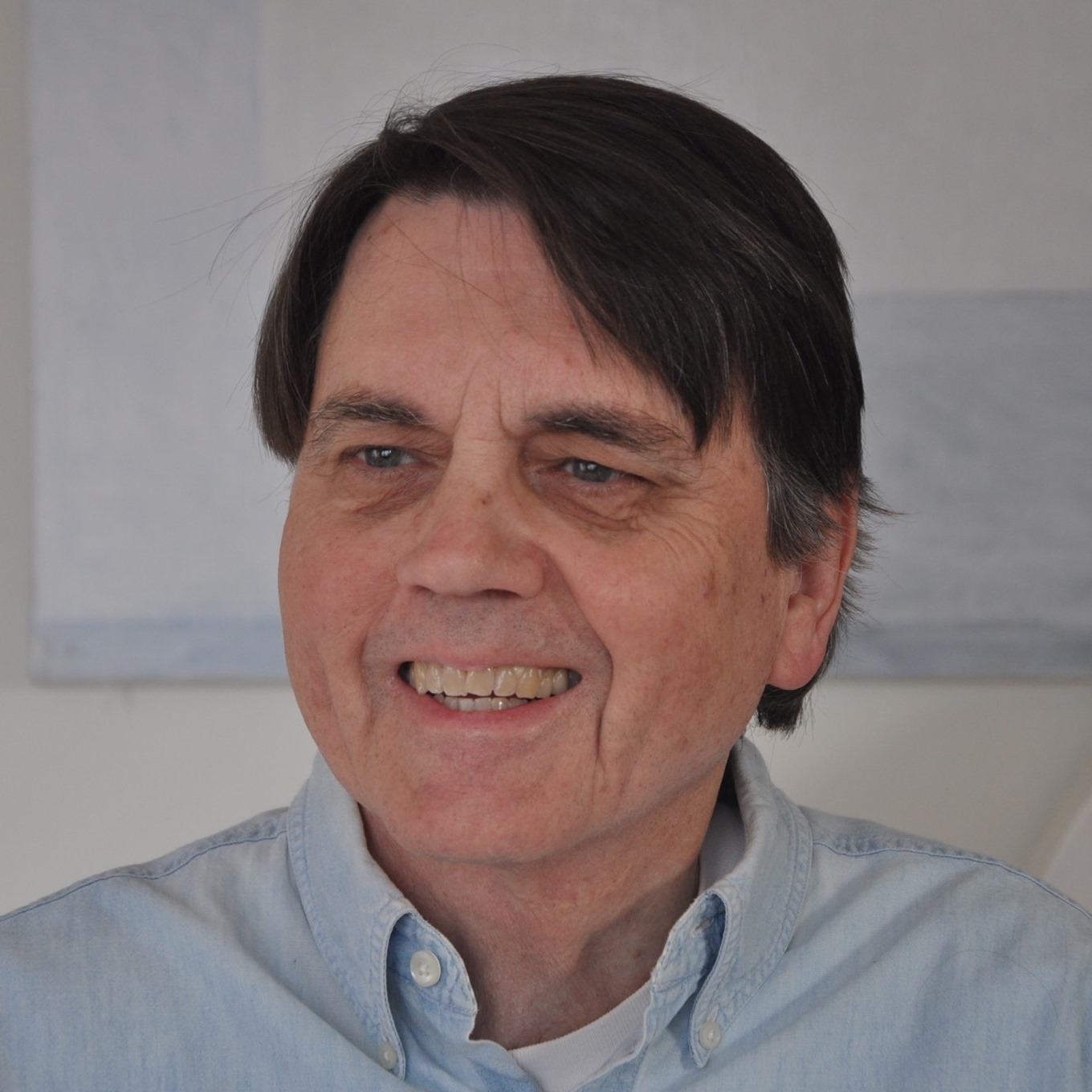
Scott Hill

Miranda Macpherson
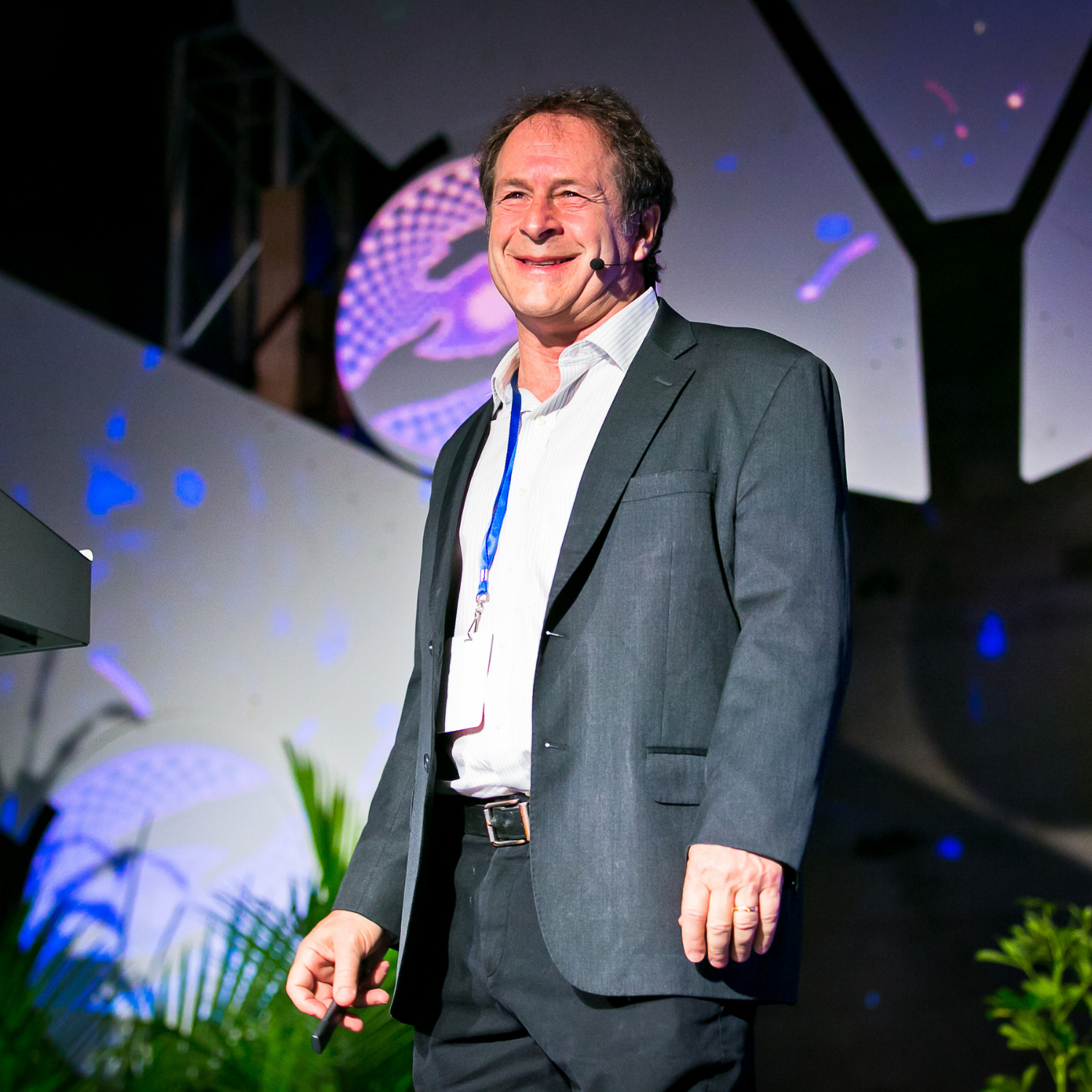
Rick Doblin
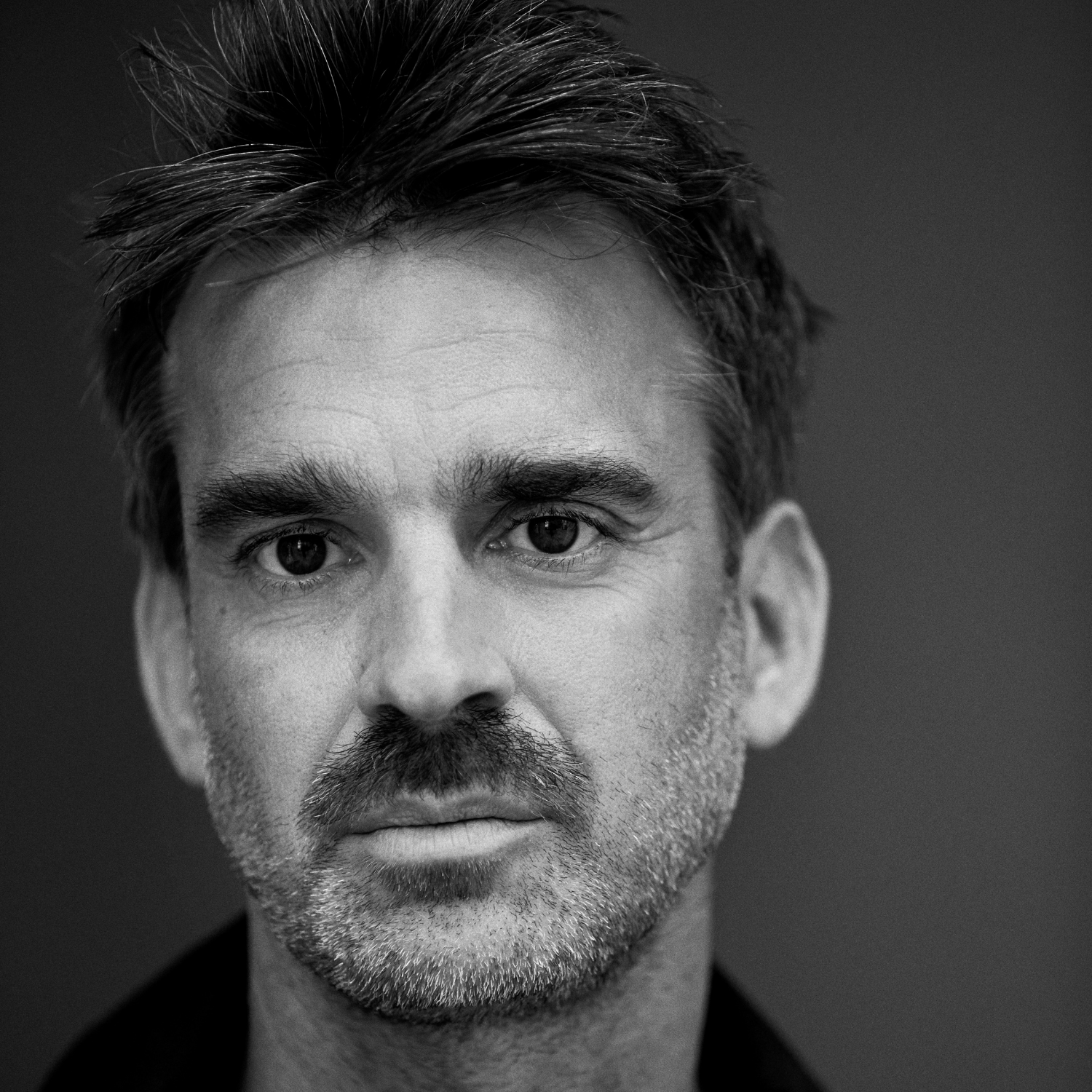
David Erritzoe
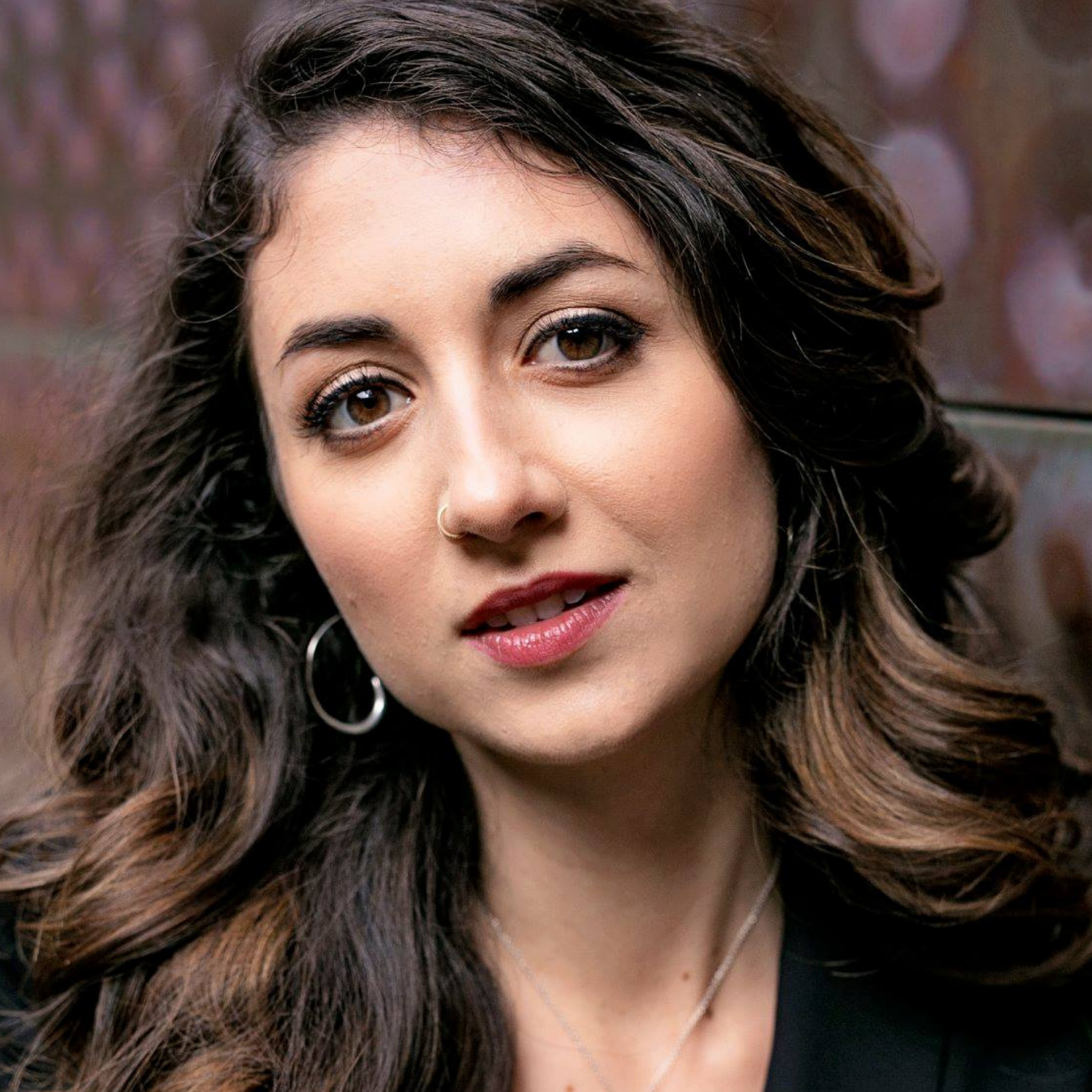
Becca Tarnas
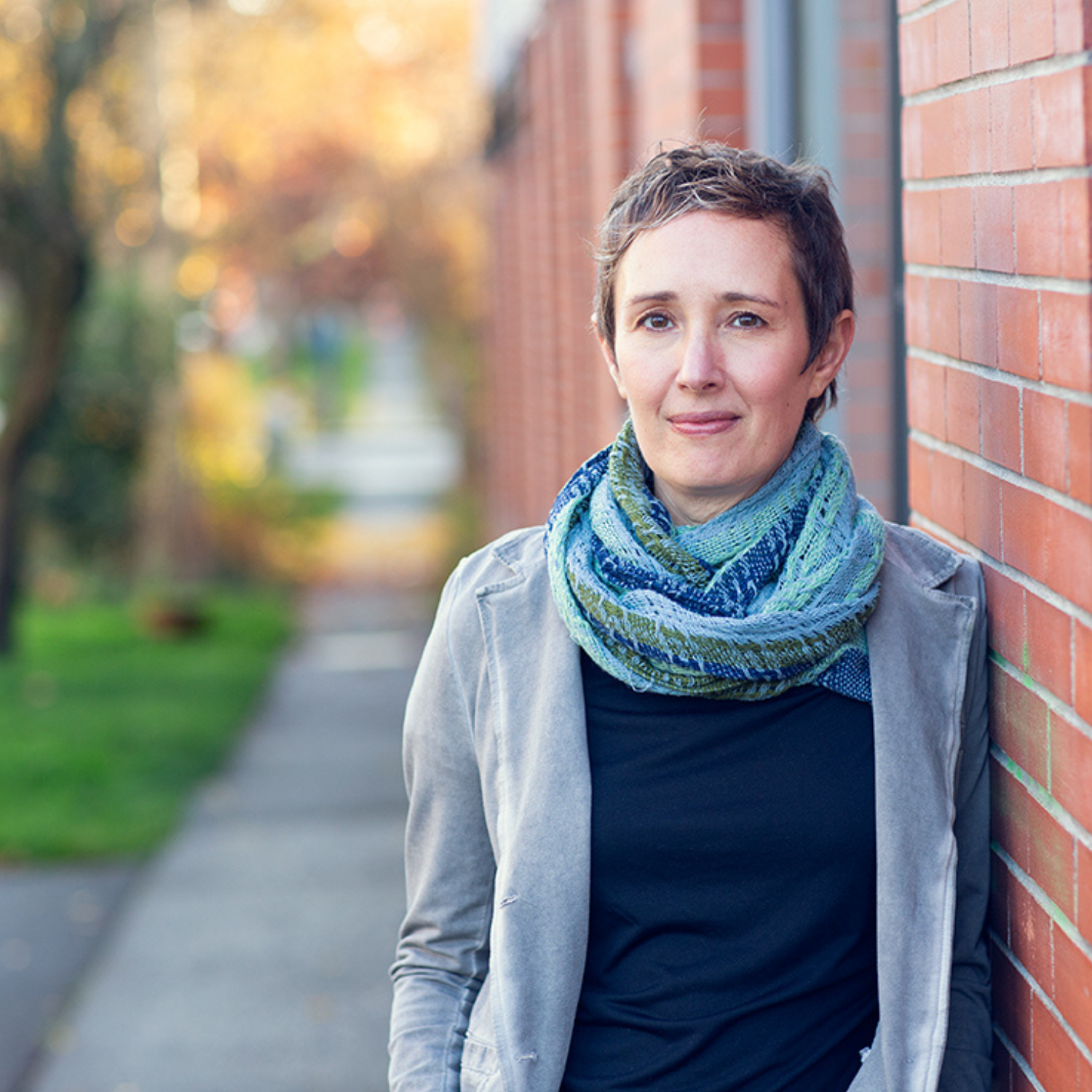
Andrea Langlois
Andrea Langlois is a social alchemist, facilitator, and community-based researcher and is passionate about individual and social transformation, plant medicines, and community. For the last 5 years, she has been the director of engagement at the International Centre for Ethnobotanical Education, Research, and Service (ICEERS), an international NGO dedicated to transforming society’s relationship with psychoactive plants.
She is currently co-leading assessments on the biocultural sustainability of ayahuasca and iboga, which includes exploring models for reciprocity and benefit sharing with traditional stewards of these medicines. She holds a Master’s Degree in Media Studies from Concordia University in Montreal and BA in Women’s Studies from the University of Victoria.
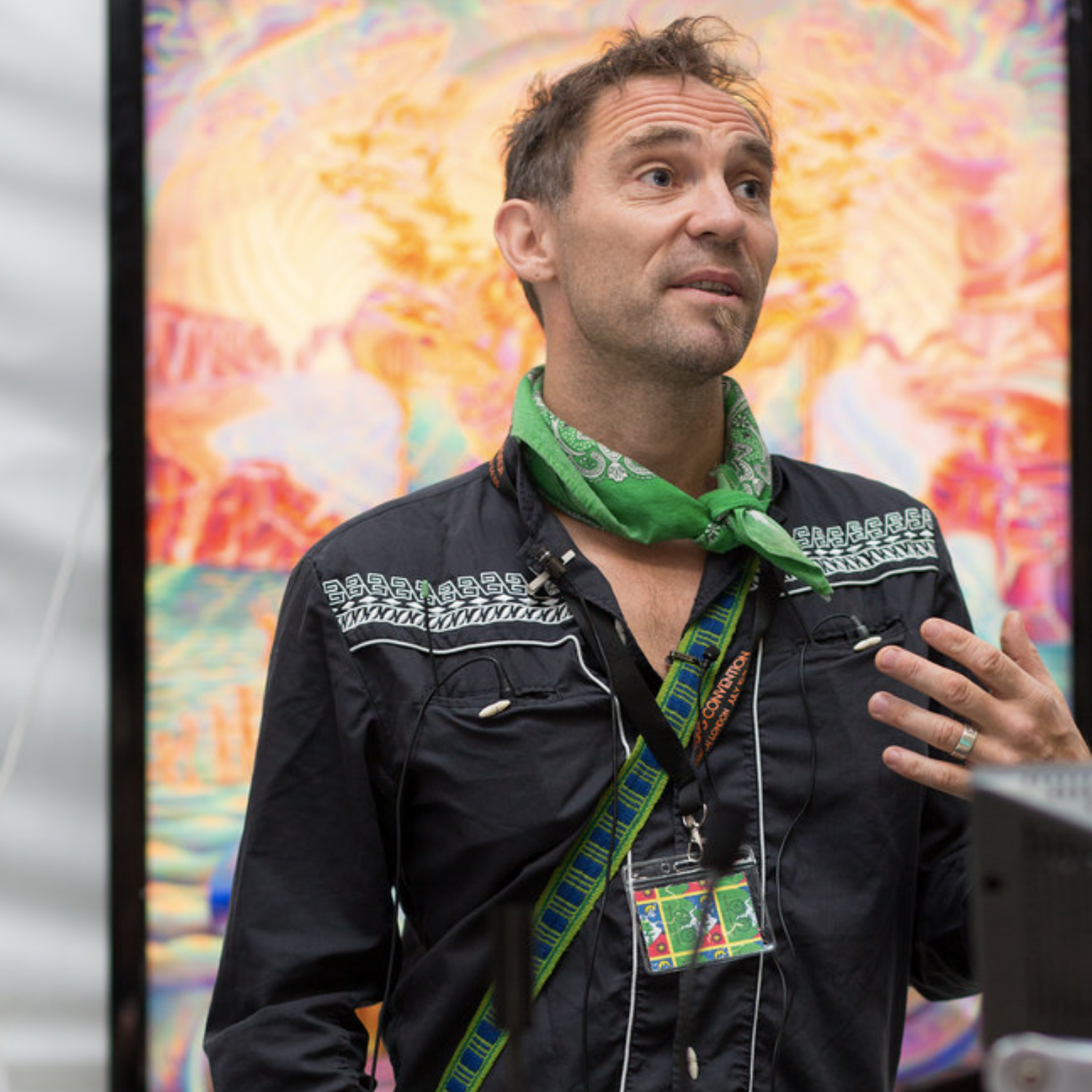
David Luke
Dr David Luke is Associate Professor of Psychology at the University of Greenwich, UK, where he has been teaching an undergraduate course on the Psychology of Exceptional Human Experience since 2009, and he is also Honorary Senior Lecturer at the Centre for Psychedelic Research, Imperial College London, and Lecturer on the MSc Consciousness, Spirituality and Transpersonal Psychology for Alef Trust and Liverpool John Moores University. His research focuses on transpersonal experiences, anomalous phenomena and altered states of consciousness, especially via psychedelics, having published more than 100 academic papers in this area, including eleven books, most recently Otherworlds: Psychedelics and Exceptional Human Experience (2nd ed., 2019).
When he is not running clinical drug trials with LSD, conducting DMT field experiments or observing apparent weather control with Mexican shamans he directs the Ecology, Cosmos and Consciousness salon at the Institute of Ecotechnics, London, and is a cofounder and director of Breaking Convention: International Conference on Psychedelic Consciousness. He has given over 300 invited public lectures and conference presentations; won teaching, research and writing awards; organised numerous festivals, conferences, symposia, seminars, retreats, expeditions, pagan cabarets and pilgrimages; and has studied techniques of consciousness alteration from South America to India, from the perspective of scientists, shamans and Shivaites. He lives life on the edge, of Sussex.
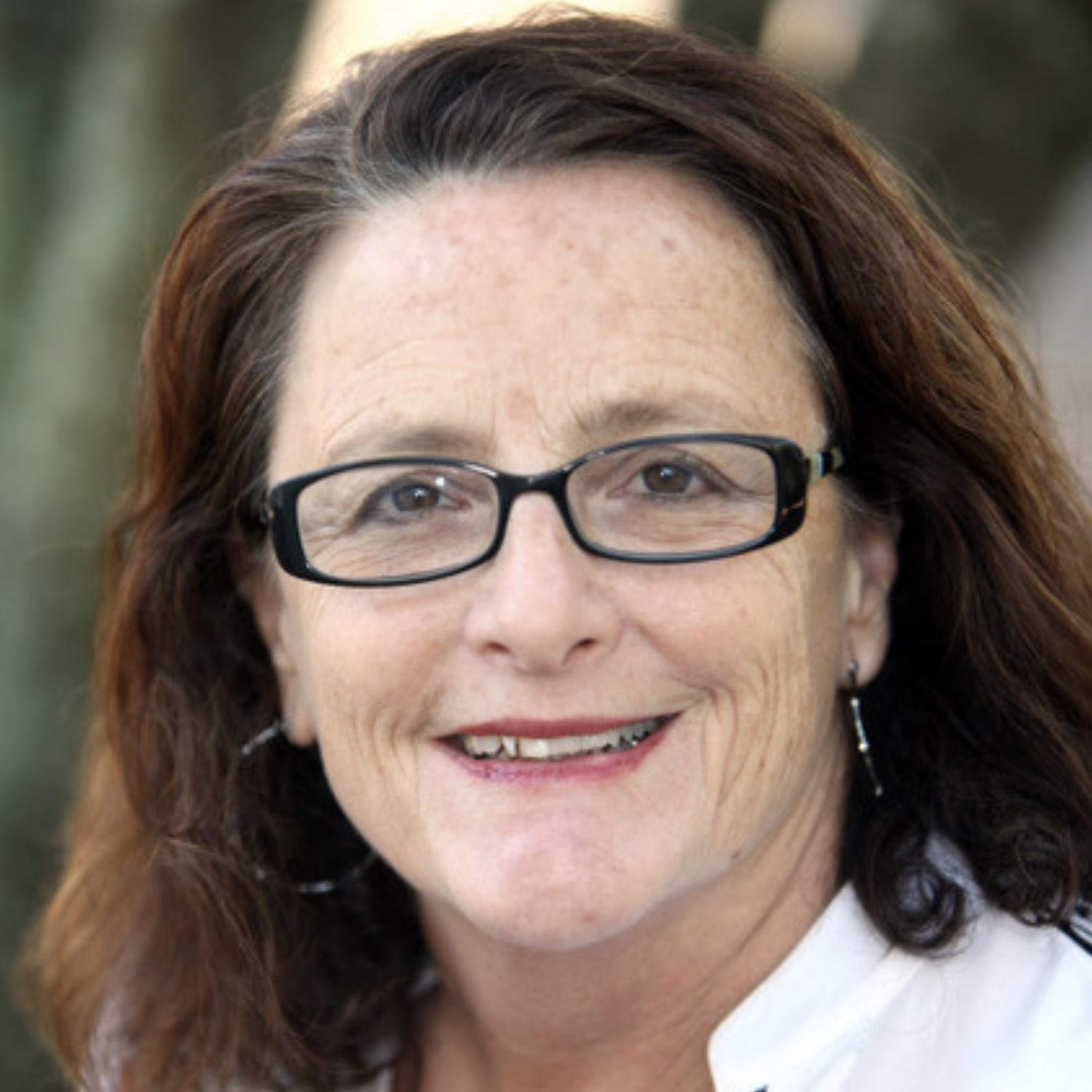
Annie Mithoefer
Annie Mithoefer, B.S.N., is a Registered Nurse living in Asheville, NC. She was co-investigator on two of the MAPS-sponsored Phase 2 clinical trials for individuals with PTSD and a pilot study treating couples combining MDMA-assisted psychotherapy with Cognitive Behavioral Conjoint Therapy for PTSD.
She is currently co-investigator in MT1, a protocol allowing MAPS-trained therapists to receive their own MDMA-assisted session, she conducts MAPS Therapist Trainings with her husband, Michael, and is a supervisor for Phase 3 therapists. She is a Grof-certified Holotropic Breathwork Practitioner and is trained in Hakomi Therapy.
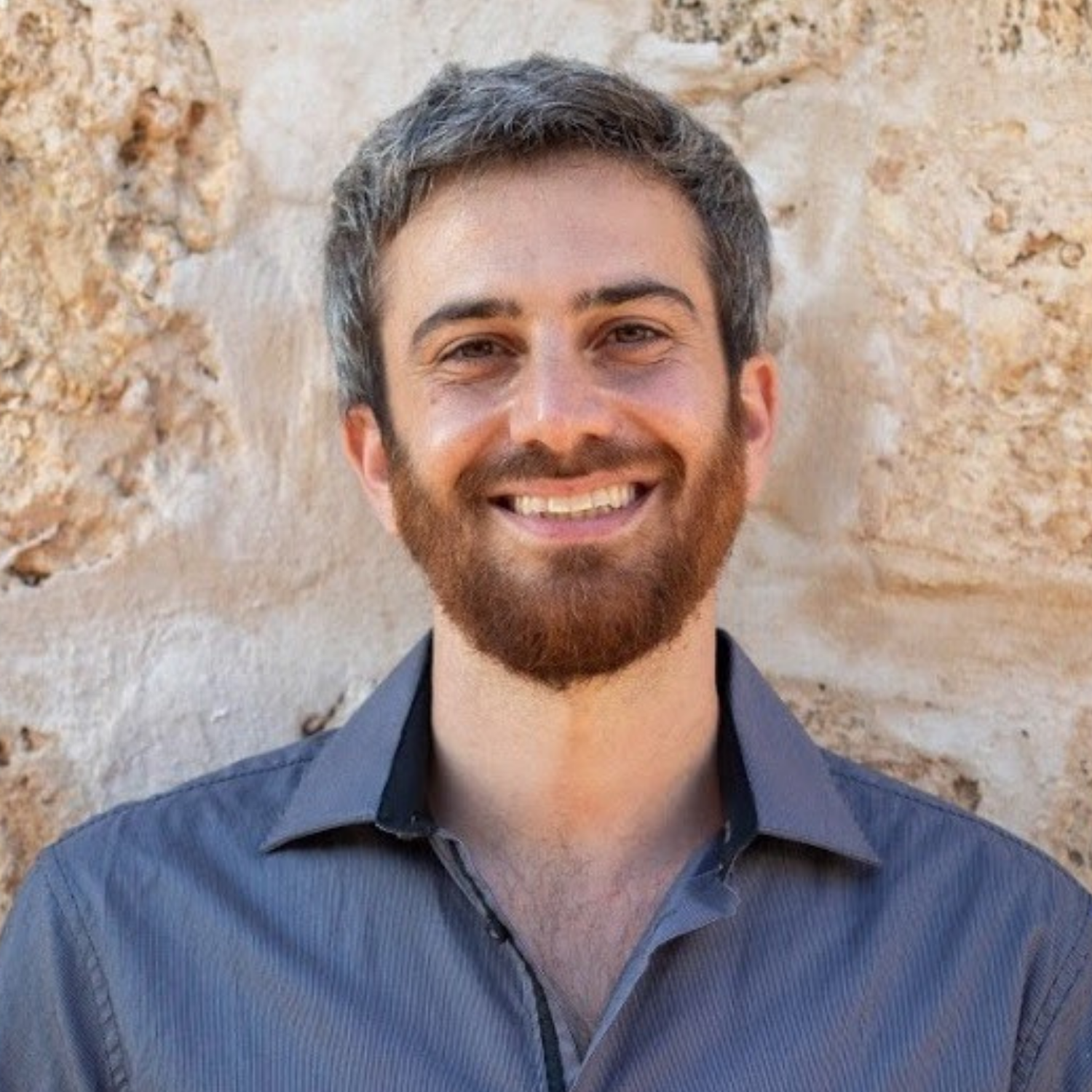
Nir Tadmor
Nir Tadmor is a transpersonal psychotherapist in private practice and a co-founder of Safe Shore – a psychedelic education, harm reduction and peer support project. He holds a Master’s in Transpersonal Psychology from Middlesex University (through the Alef Trust) and trained in Hakomi body-centered psychotherapy.
For his Master’s thesis Nir conducted a phenomenological study about the psychospiritual integration process that unfolds in the lives of Western mental health professionals who use psychedelics for personal and professional growth. During the last 6 years, Nir worked as a mental health guide in various psychiatric-hospitalization alternatives, supported hundreds of psychedelic crises in parties and festivals and trained more than 600 psychedelic harm reduction sitters through Safe Shore’s Holding Space workshop.
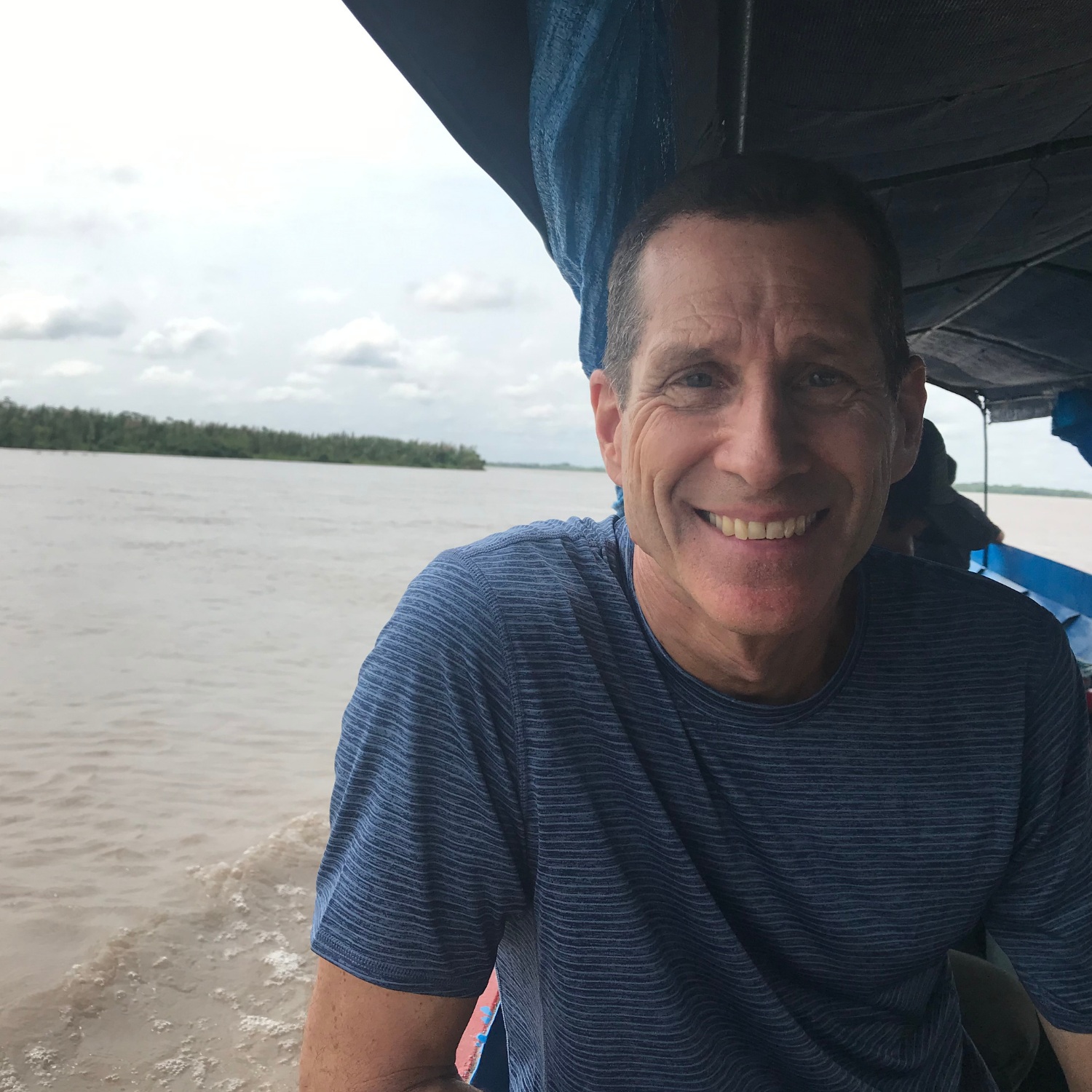
Jerome Braun
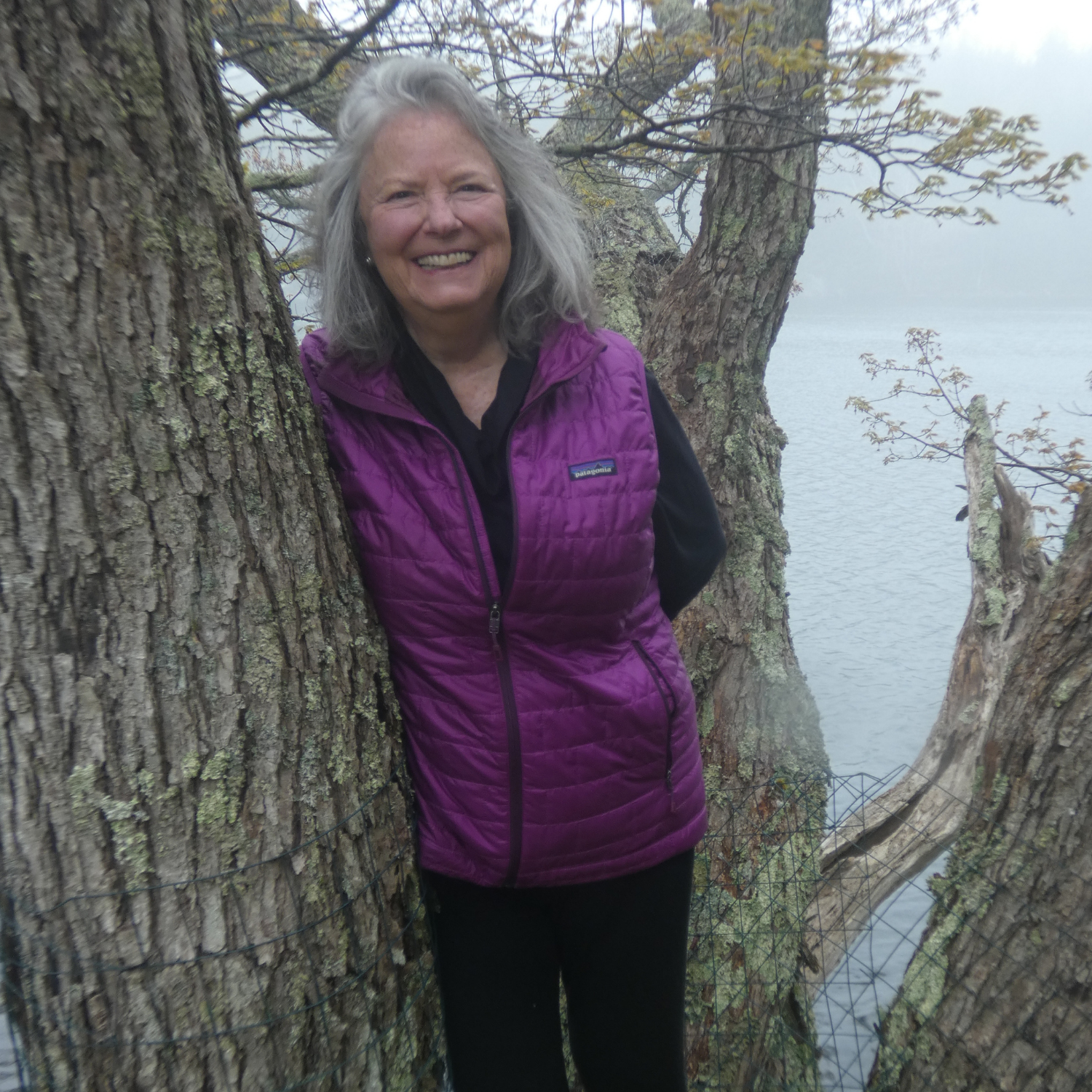
Rachel Harris
Rachel Harris, Ph.D., is a psychologist with both a research and a clinical background. She was in the 1968 residential program at Esalen Institute, Big Sur, California, and remained on the staff for a number of years. During the decade, she worked in academic research, Rachel received a New Investigator’s Award from the National Institutes of Health and published over forty scientific studies in peer-reviewed journals.
She also worked as a psychological consultant to Fortune 500 companies including the UN. Rachel was in private psychotherapy practice for thirty-five years, specializing in people interested in psychospiritual development.
Rachel is the author of Listening to Ayahuasca: New Hope for Depression, Addiction, PTSD, and Anxiety. She’s currently working on a book based on interviews with psychedelic women elders who have been working underground for more than two decades. Visit Rachel at her website www.listeningtoayahuasca.com.